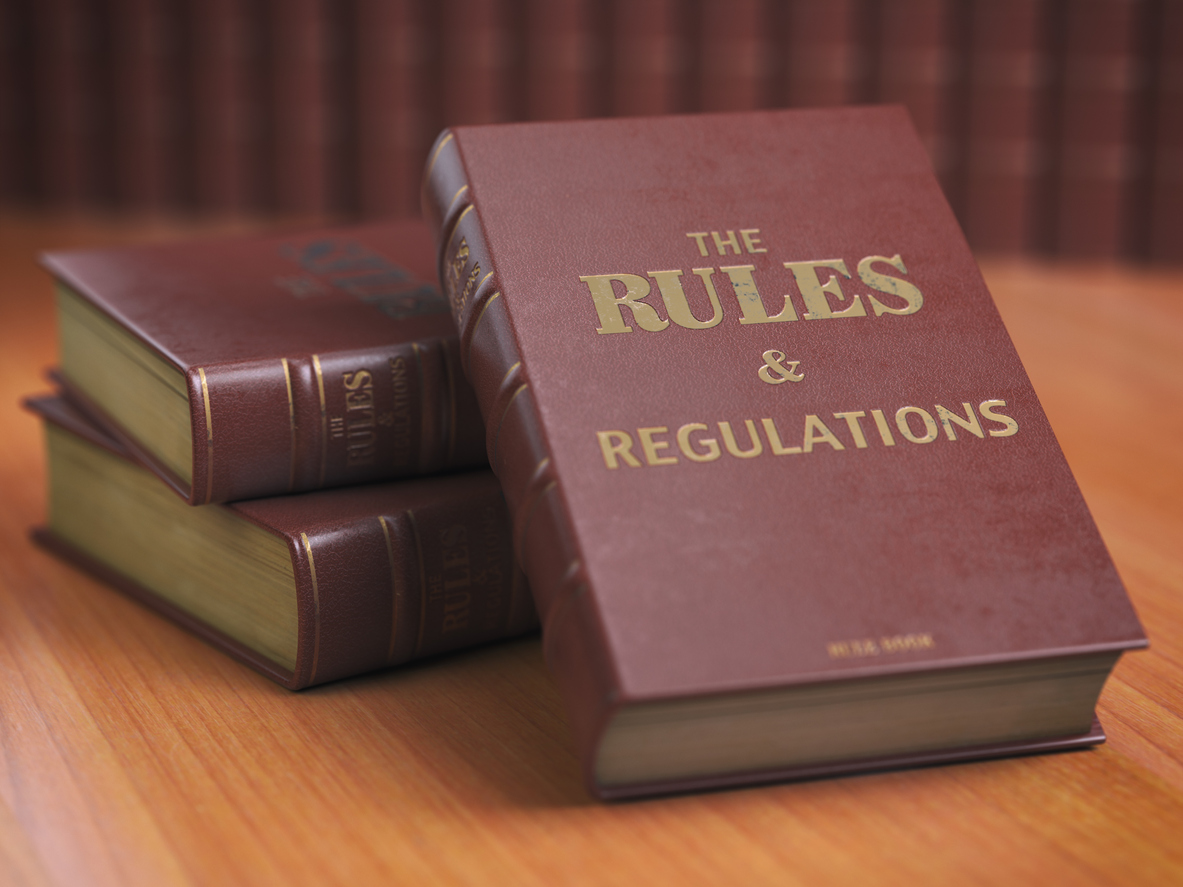In this installment of Know the Regs to Use the Regs, we examine additional excerpts from the California Code of Regulations’ Fair Claims Settlement Practices, Sections 2695.4 and 2695. To read more about California Code of Regulations 2695.7 in a past blog, click here, and for California Code of Regulations 2695.9, click here.
While the regs (or regulations) we discuss are different in today’s post, the purpose of examining them remains the same – an integral aspect of effectively advocating for yourself or others is to know how to wield the available tools. Here, the metaphorical “tool” corresponds to legal rights found in California’s robust code of regulations, which many other states have as well.
In California, Insurance Code Section 790.03 outlines acts or omissions that constitute unfair methods of competition and unfair and deceptive acts or practices in the business of insurance. Subsection (h) lists 16 practices that, when either knowingly committed on a single occasion or performed with such frequency as to indicate a general business practice, are considered to be unfair claims settlement practices. The Fair Claims Settlement Practices (regulations at 10 CCR 2695.1 et. seq.) have a stated purpose of “delineat[ing] certain minimum standards for the settlement of claims…” by providing guidance as to Insurance Code Section 790.03(h).
To oversimplify, the Fair Claims Settlement Practices Regulations adds clarity and provides examples as to what actions are prohibited by Insurance Code Section 790.03(h). It is important to understand that a violation of these regulations does not provide a private cause of action. However, we know the law imposes a duty of good faith and fair dealing upon an insurer. Violations of the regulations may be evidence of the breach of an insurer’s duty, and thus, it is important to document and memorialize any violation.
With that background on the interplay between these regulations and insurance code statutes, we can take a look at a few excerpts, beginning with 10 CCR 2696.4 Representation of Policy Provisions and Benefits:
§ 2695.4
(a) Every insurer shall disclose to a first party claimant or beneficiary, all benefits, coverage, time limits or other provisions of any insurance policy issued by that insurer that may apply to the claim presented by the claimant. When additional benefits might reasonably be payable under an insured’s policy upon receipt of additional proofs of claim, the insurer shall immediately communicate this fact to the insured and cooperate with and assist the insured in determining the extent of the insurer’s additional liability.
Simplified: An insurer has an obligation to inform an insured of all benefits owed, conditions to obtaining those benefits, and time limits that may apply to collecting those benefits. An insurer may not remain silent or hide information regarding benefits potentially owed and has an affirmative responsibility to communicate with its insured.
(d) Except where a time limit is specified in the policy, no insurer shall require a first party claimant under a policy to give notification of a claim or proof of claim within a specified time.
Simplified: To enforce a time frame regarding notification of a claim or proof of claim, that time frame must be explicitly stated in the policy. Policies will often include time frames, and acting diligently to provide notice of a claim or proof of claim is almost always in an insured’s best interest.
(f) No insurer shall issue checks or drafts in partial settlement of a loss or claim that contain or are accompanied by language releasing the insurer [or] the insured…from total liability unless the policy…limit has been paid, or there has been a compromise settlement agreed to by the claimant and the insurer as to coverage and amount payable under the insurance policy or bond.
Simplified: Unless policy limits have been paid or a settlement amount has been agreed to, an insurer may not include language on a check that releases it from future payment or liability. This regulation addresses a question that arises quite often: “I have received a check from my insurer, but it is not enough to rebuild my home, and we are still negotiating. If I deposit the check, am I accepting this as a final payment?” In California, unless one of the above-stated conditions has been met, it is usually okay to deposit that check as an undisputed claim payment. If uncertainty remains, an insured can confirm in writing with their adjuster that depositing the check will not close the claim, or consult with an attorney.
Next, here are excerpts from 10 CCR 2695.5 Duties upon Receipt of Communications:
§ 2695.5
(b) Upon receiving any communication from a claimant, regarding a claim, that reasonably suggests that a response is expected, every licensee shall immediately, but in no event more than fifteen (15) calendar days after receipt of that communication, furnish the claimant with a complete response based on the facts as then known by the licensee. This subsection shall not apply to require communication with a claimant subsequent to receipt by the licensee of a notice of legal action by that claimant.
Simplified: An insurer has 15 days to fully respond to any communication where a response is reasonably sought. This does not apply to communication after a lawsuit has been filed.
(e) Upon receiving notice of claim, every insurer shall immediately, but in no event more than fifteen (15) calendar days later, do the following unless the notice of claim received is a notice of legal action:
1. acknowledge receipt of such notice to the claimant unless payment is made within that period of time. If the acknowledgement is not in writing, a notation of acknowledgement shall be made in the insurer’s claim file and dated. Failure of an insurance agent or claims agent to promptly transmit notice of claim to the insurer shall be imputed to the insurer except where the subject policy was issued pursuant to the California Automobile Assigned Risk Program.
2. provide to the claimant necessary forms, instructions, and reasonable assistance, including but not limited to, specifying the information the claimant must provide for proof of claim;
3. begin any necessary investigation of the claim.An insurer may not require that the notice of claim under a policy be provided in writing unless such requirement is specified in the insurance policy or an endorsement thereto.
Simplified: Within 15 days of a claim being reported, an insurer must (1) acknowledge the claim; (2) provide all forms, instructions, and reasonable assistance needed to provide a proof of claim; and (3) begin the claim investigation.




